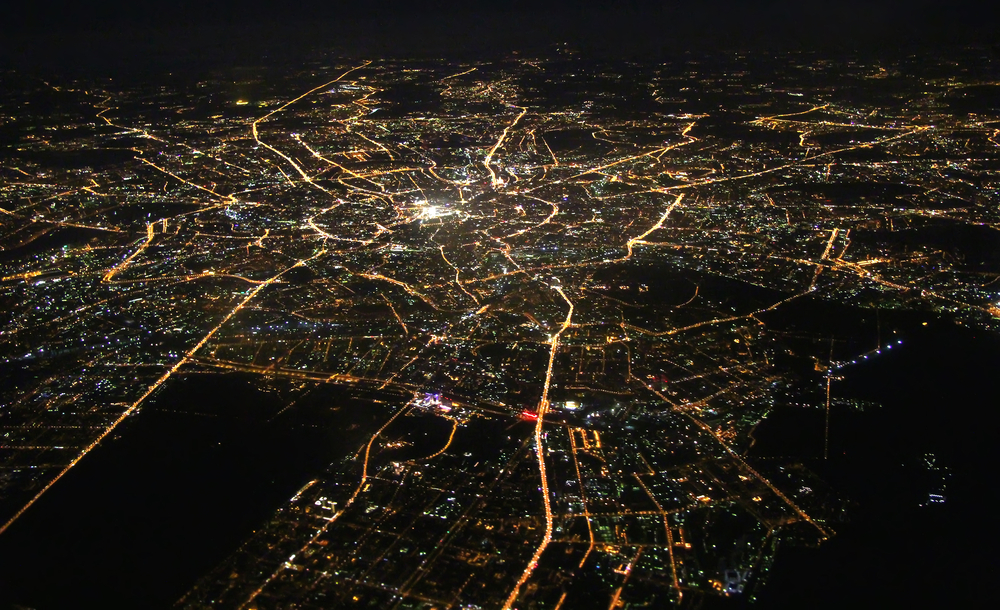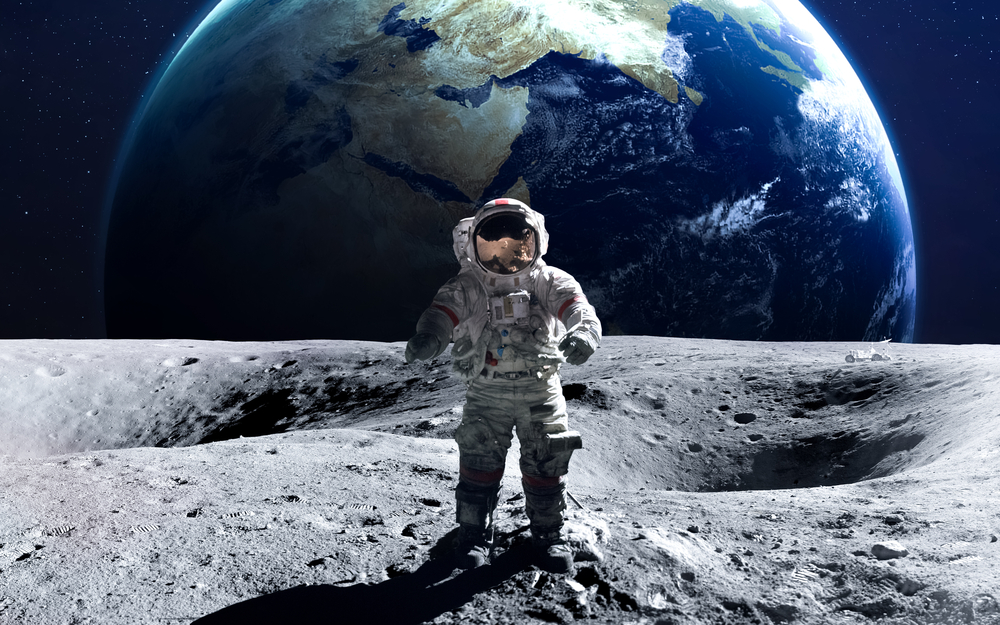Cities have always loved lights. They place them all over the place to light up the night. This allows people to go out and feel relatively safe at night, but it seems some people are questioning if this is a good idea.
The question is being asked more frequently since the pandemic hit the world. In some places around the world, curfews were put in place. A lot happened when the pandemic started. Yes, most of the world focused on the countless deaths that were the result of this pandemic, but other things were happening as well.
What else happened during the pandemic
A few things changed during these times. For example, pollution was severely reduced since people stopped driving around, and a lot of plants shut down during the pandemic.
In addition to that, wildlife decided to take back control of the cities a bit. Many animals were wandering around the empty cities because no one was around.
A lot of people resorted to walks in parks and around their neighborhoods and noticed that the night is alive even without traffic. People heard more birds and insects at night. These noises were usually drowned out by noisy traffic. The air was fresher, so it felt so much better to go out and breathe in some fresh air, especially after being inside all day.
The city lights were still on in many cities, yet there was no one out except those few people who went for a walk every so often. The lights being on for just a few people seemed unnecessary. People are still paying for those lights, and they are using up a lot of energy to keep the night lit up artificially. People who never thought it was wasteful to have lights on at night all of a sudden started thinking this way.
The light pollution problem
Light pollution has always been an issue, but most people didn’t pay much attention to it until now.
All of this light is artificial, and it cost the city a lot of money. They represent a good chunk of people’s collected taxes, and it seems like the money could be used elsewhere.
Artificial light might seem necessary because of the way people live, but it also does something negative. For one, it keeps people up longer than they need to be. Yes, artificial light tricks the brain into thinking it’s early enough to stay up. Perhaps one reason a large number of people have trouble sleeping is because of all the lights around.
Part of the reason this is the case deals with culture. Darkness symbolizes evil. This could be due to religion, and it could be the reason people have tried hard to banish the darkness in any way they can.
When you think of darkness, you think of something sinister. An unlit street is where all criminals hang out. That’s where immoral behavior takes place. Some people think illuminating everything fixes all that, but that’s not the case. Crime doesn’t stop because there is light, nor does it start because darkness falls.
Over-illumination doesn’t just affect human beings. It’s affecting wildlife as well. Electric lights are disorienting birds, beetles, and sea turtles among many other creatures that migrate using moonlight. This false light is putting these creatures in danger just because people are afraid to embrace the darkness of the night.
The pandemic has given people an opportunity to embrace the darkness by visiting areas that aren’t illuminated at night. They get to see the majesty of the night, the beauty of its sounds, and the peace you feel when you aren’t bombarded with modern false light.
This is all paired with the fact that more people are trying to live as naturally as possible, and false lights don’t help. Some are even starting to discover that sleeping under natural moonlight helps, but this is only possible without light pollution. It’s clear that something has to change. The only question is: will things change? People will have to wait and see.










